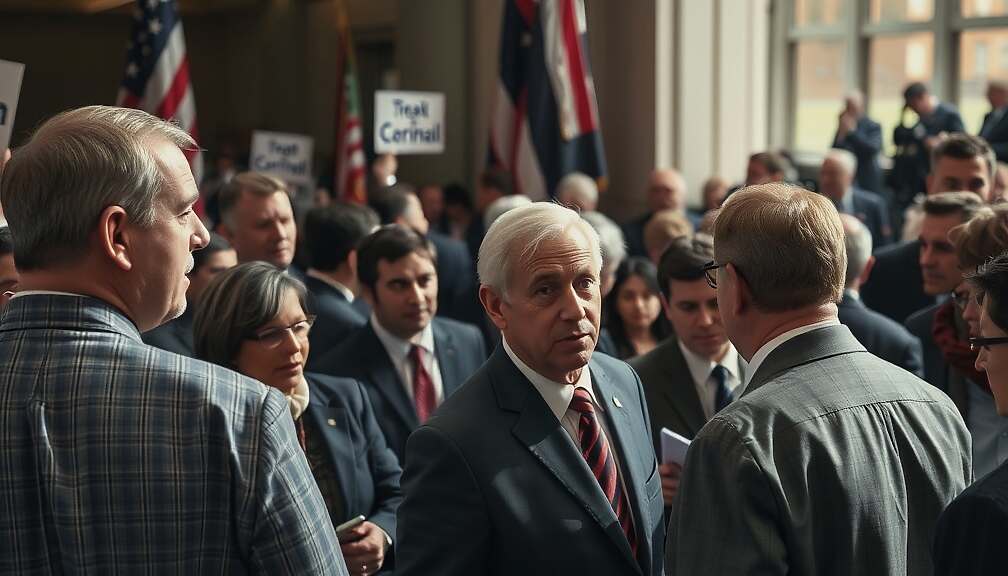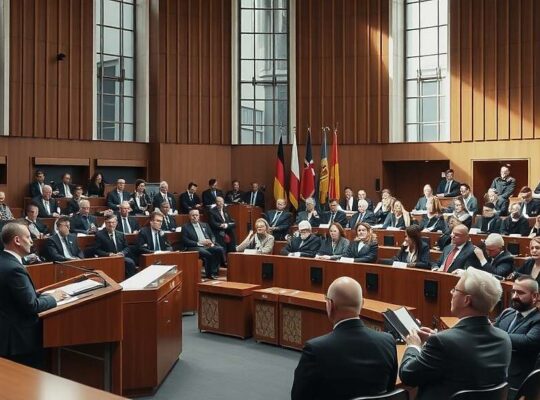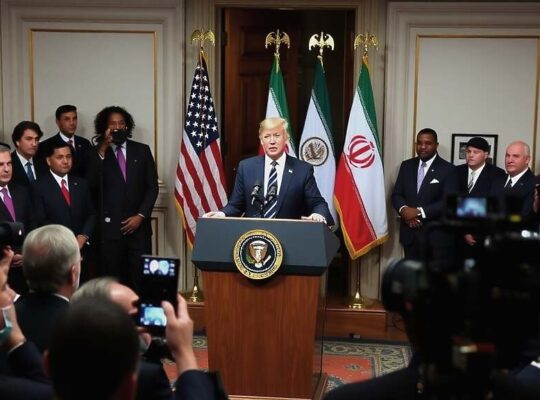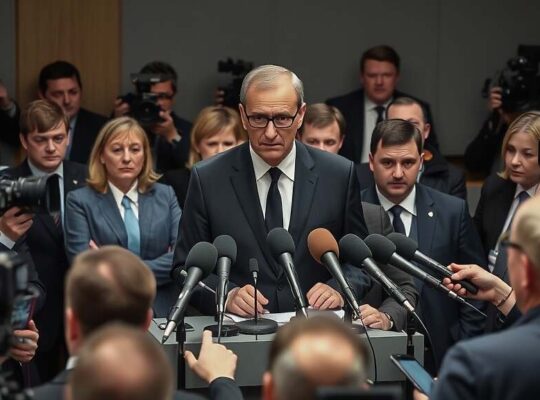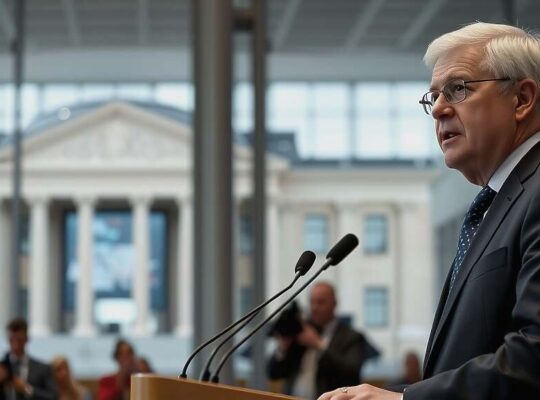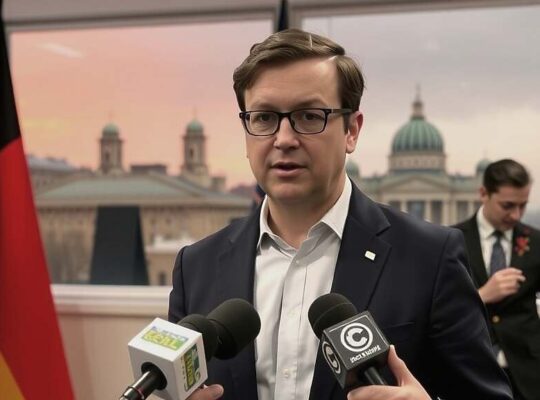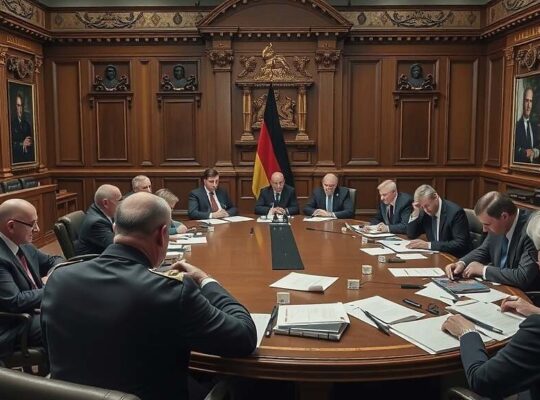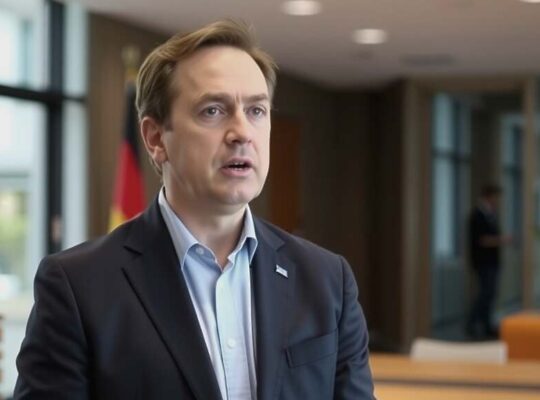A persistent undercurrent of tension runs through Germany’s ruling coalition, prompting a stark warning from Interior Minister Alexander Dobrindt (CSU). In an interview with “Der Spiegel”, Dobrindt urged the conservative Union and Social Democratic parties to curtail what he described as counterproductive tactics of attempting to overwhelm one another, arguing that such behavior only exacerbates political instability and fuels public discontent.
Dobrindt’s criticism highlighted specific instances where the coalition’s handling has drawn ire, citing the summer’s judicial elections and the recent reduction in electricity taxes as examples of clumsily navigated challenges. He argued that the public perception of these processes revealed a lack of seamless coordination between the government, parliamentary factions and the coalition itself. He emphasized the need for a more synchronized approach to policy development and implementation, suggesting a breakdown in communication and a tendency to prioritize partisan posturing over collaborative problem-solving.
The minister’s intervention is particularly notable against the backdrop of rising support for the far-right AfD. Dobrindt cautioned that constant internecine criticism within the coalition risks bolstering radical forces, suggesting that the focus should instead remain squarely on substantive policy deliverables. He dismissed calls from within conservative circles contemplating alternative coalition configurations, characterizing such maneuvering as “self-destructive” and undermining the stability of the political center.
Dobrindt’s message carried a palpable sense of urgency, asserting that the political center in Germany faces a pivotal moment. “The center of politics must be successful” he stated, effectively issuing a stark ultimatum: either the governing parties prioritize unified action and tangible results, or risk a significant erosion of their relevance and the potential unraveling of the established political order. The implication is clear: the coalition’s survival and indeed the stability of German politics, hinges on its ability to overcome ingrained adversarial tendencies and present a united front addressing the anxieties and uncertainties facing the nation.


